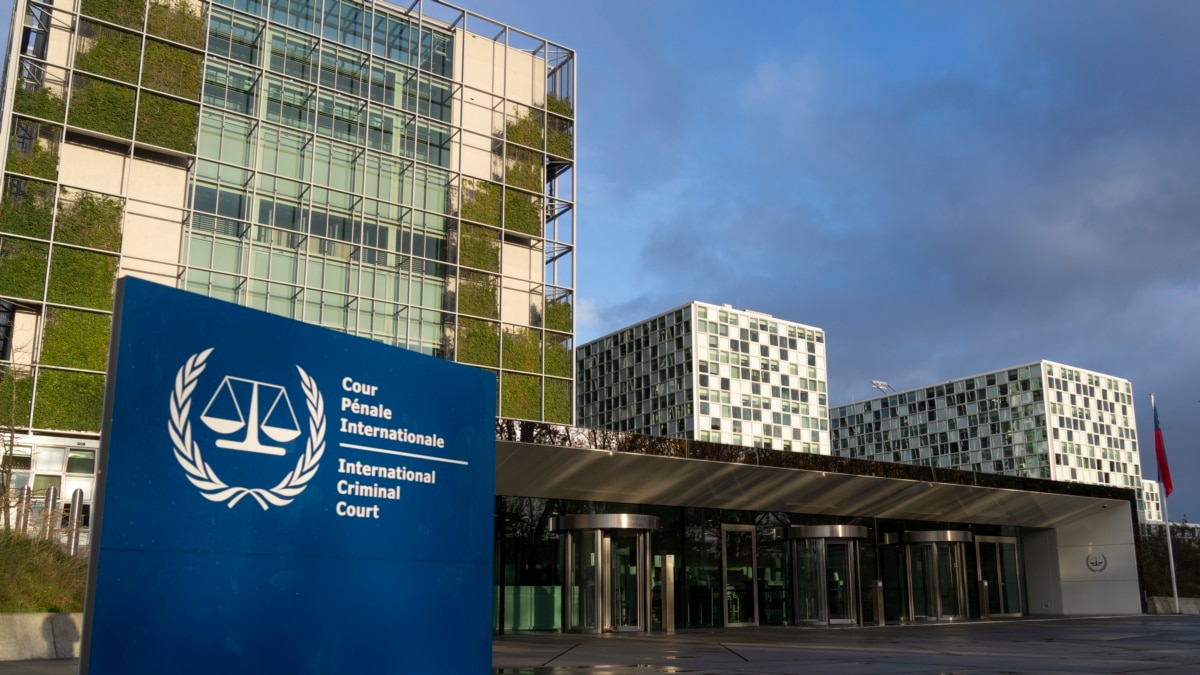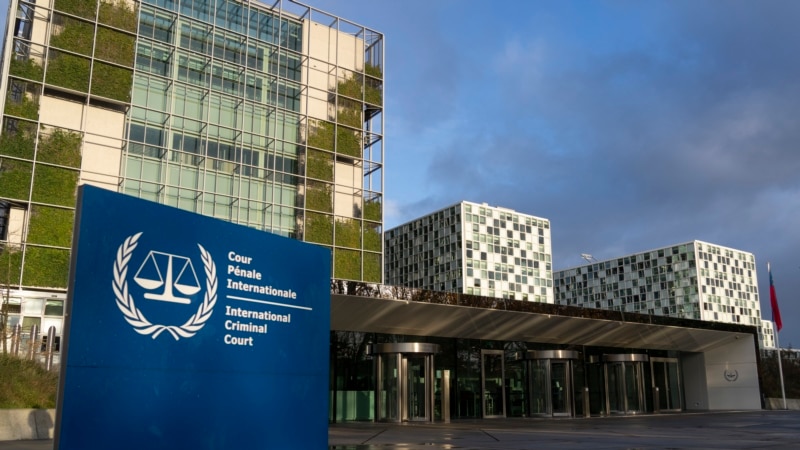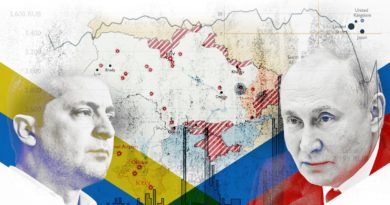World Court Arrest Warrant for Russians Charged with War Crimes in Ukraine is No ‘Nothingburger’

On March 5, Alexei Zhuravlev, a member of the State Duma (the lower house of Russia’s parliament), brushed aside arrest warrants issued by the International Criminal Court for two top Russian military commanders suspected of war crimes in Ukraine, suggesting the warrants would not have any consequences:
“I am sure that the sailors of the Black Sea Fleet will laugh together today at the fact that their command is wanted by the International Criminal Court… this is just a nothingburger designed to stir up an information wave, nothing more.”
Zhuravlev’s statement is false.
While Russia is a safe haven for suspected criminals, they will be arrested and brought to ICC if they travel to any of the 124 world nations that recognize the world court’s jurisdiction. Regime change in Russia can also end the impunity.
On March 5, the ICC issued international arrest warrants for Lt.-Gen. Sergei Kobylash, commander of Russia’s Long-Range Aviation, and Adm. Viktor Sokolov, the former commander of Russia’s Black Sea Fleet.
Kobylash and Sokolov are suspected of war crimes and crimes against humanity committed between October 10, 2022, and March 9, 2023. ICC alleges that military forces under their command are responsible for missile attacks on Ukrainian electric infrastructure. The Russian military deliberately targeted civilian objects, “causing excessive incidental harm to civilians,” the court said.
The International Criminal Court operates under the auspices of the United Nations. The ICC expands its jurisdiction and authority over 124 world nations who signed the international treaty known as the Rome Statute. Those signatories, which comprise 64% of all countries, must arrest any target of an ICC warrant and send them to the ICC for trial.
All 27 European countries, all 12 South America countries, 33 of 54 countries in Africa, along with Australia and Japan, are Rome Statute signatories and thus recognized the ICC’s jurisdiction.
“Any representative of the Black Sea Fleet who held any management position during the period of mass shelling of civilian infrastructure in Ukraine in 2022 and 2023 is either an accomplice or a witness,” international law expert Boris Babin told the Ukrainian Service of VOA’s sister organization, Radio Free Europe/Radio Liberty (RFE/RL).
“…We are talking about tens, hundreds and possibly thousands of people involved in these crimes. … This, at a minimum, will not strengthen the combat capability of the Black Sea Fleet,” Babin said.
Last March, the ICC issued international arrest warrants for Russian President Vladimir Putin and Russia’s children’s rights commissioner, Maria Lvova-Belova, for committing the war crime of illegally deporting Ukrainian children.
As a result, Putin took only six foreign trips in 2023. Three of them were to Kazakhstan, Kyrgyzstan and Belarus, which are members of the Commonwealth of Independent States, a Russia-controlled Eurasian regional intergovernmental organization. Putin also traveled to the United Arab Emirates, Saudi Arabia and China.
In 2022, the year Putin launched the full-scale invasion of Ukraine, he traveled abroad nine times.
By comparison, Putin made 22 foreign visits in each of the pre-COVID years of 2018 and 2019.
Since the Rome Statute entered into force on July 1, 2002, ICC judges have issued arrest warrants for 42 individuals, 21 of whom have been detained by signatory states and handed over to the ICC.
The ICC has reviewed or is still reviewing 31 cases, and its judges have handed down 10 convictions and four acquittals.
Two of those convicted are currently serving sentences. Dominic Ongwen, a former brigade commander of the Lord’s Resistance Army, a Ugandan guerrilla group, was arrested in 2014 and sentenced in 2021 to 25 years for war crimes and crimes against humanity.
Bosco Ntaganda, a former Congolese rebel leader, turned himself in to the U.S. Embassy in the Democratic Republic of Congo in 2013. In 2019, the ICC found him guilty of war crimes and crimes against humanity committed during the 2002-2003 conflict in the eastern DRC and was sentenced to 30 years in prison.
In March 2009, Sudanese President Omar al-Bashir became the first sitting head of state to be indicted by the ICC. The court issued an arrest warrant for al-Bashir on charges of crimes against humanity, war crimes and genocide in connection with the Darfur conflict, which, according to the U.N., killed 300,000 people and displaced 2.5 million others from 2003 to 2008.
In April 2019, al-Bashir was ousted in a military coup. In August 2021, the Sudanese government said it would hand al-Bashir over to the ICC.
In April 2023, Bashir and other members of his ousted regime were reportedly moved to a military hospital near Sudan’s capital Khartoum amid fighting between elements of the country’s military and the paramilitary Rapid Support Forces (RSF).
Laurent Gbagbo, the former president of Ivory Coast, became the first former head of state to appear in person before the ICC. In November 2011, he was charged with crimes against humanity committed during the country’s armed conflict from 2010 to 2011. Hearings in the case began in January 2016, and the ICC acquitted Gbagbo in January 2019.



